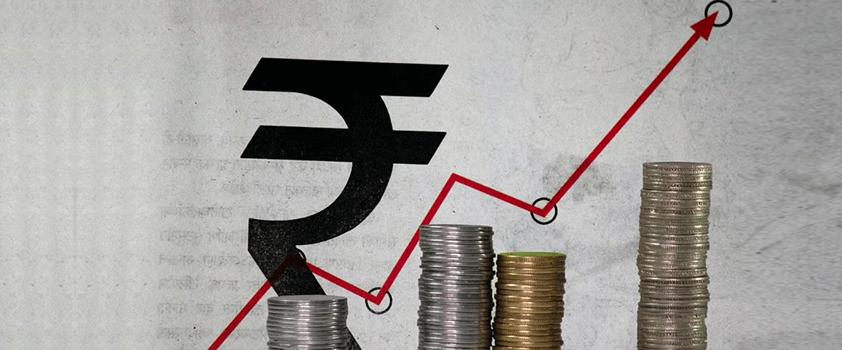Indian market -“the most challenging business market”.

The business world has always been competitive, and India is no exception.
According to a server, more than 80 startups are recognized per day, which is the
highest rate in the world. The future of startup culture seems promising and
encouraging. According to statistics, India has over 57k startups; however, according
to the IBM-sponsored study, Entrepreneurial India (published in 2017), up to 90% of
Indian startups fail within the first five years. Money running out, being in the wrong
market, a lack of research, terrible alliances, ineffective marketing, and not being an
expert in the field are all reasons for failure according to business owners.
It is extremely tough to start a new business in India. There are several causes for
this, including high tariffs and protectionism. (The term “protectionism” refers to
government policies that limit foreign trade to benefit home businesses. Protectionist
policies are typically intended to boost domestic economic activity, although they can
also be applied to address safety or quality concerns) Policies. Land registration is
one of the hardest obstacles for businesses in India. There are several challenges in
establishing legal ownership, litigation due to inheritance, demand for cash payments
by sellers, fragmented holdings, etc.
Today’s business market is the most tariffed and competitive in business history.
Firms are encouraged to cut costs and run their businesses as efficiently as possible
as a result of competition. However, when competition is restricted – for example, by
one company acquiring most competitors or reaching price agreements with other
competitors – prices are likely to rise while quality suffers. Then due to poor quality,
their demand will fall, and they will eventually go out of business.
The price ranges in India and other countries are vastly different. Indian businesses
and consumers are extremely price-sensitive. However, many companies in many
countries can sell at prices that Indians are willing to pay and may need to adjust
their sales. Some companies sell products to Indian consumers in smaller sizes or
with fewer features.
One of the biggest challenges to market expansion in India is its infrastructure.
Transportation infrastructure is a major impediment; India’s congested road transit,
excessive delays in railway freight movement, and other factors all result in
substantial capacity limits. The Indian economy’s rapid growth in recent years has
put an increasing strain on physical infrastructures, such as electricity, trains, roads,
ports, airports, irrigation, water supply, and sanitation systems, all of which are
already suffering from significant deficits.
We need to identify the correct audience if we want to succeed in any business.
Many businesses in India struggle with this as well as with the proper production.
Both of these involve the involvement of company employees significantly.
Employees’ lack of expertise and training will have an impact on the company’s
marketing. Experience marketing, sometimes known as “experiential marketing,” is a
marketing strategy that promotes products through in-person events. Consider
pop-up shops or Apple’s renowned keynote address. Each of these events is a
work-related marketing experience. Experiential marketing creates genuine brand
recognition by utilising non-traditional marketing approaches. In essence, it is
intriguing, which attracts attention and aids in the recall of the brand. Consumers are
invited to learn about a brand through their senses through experience.






 Users Today : 1
Users Today : 1 Total views : 8966
Total views : 8966